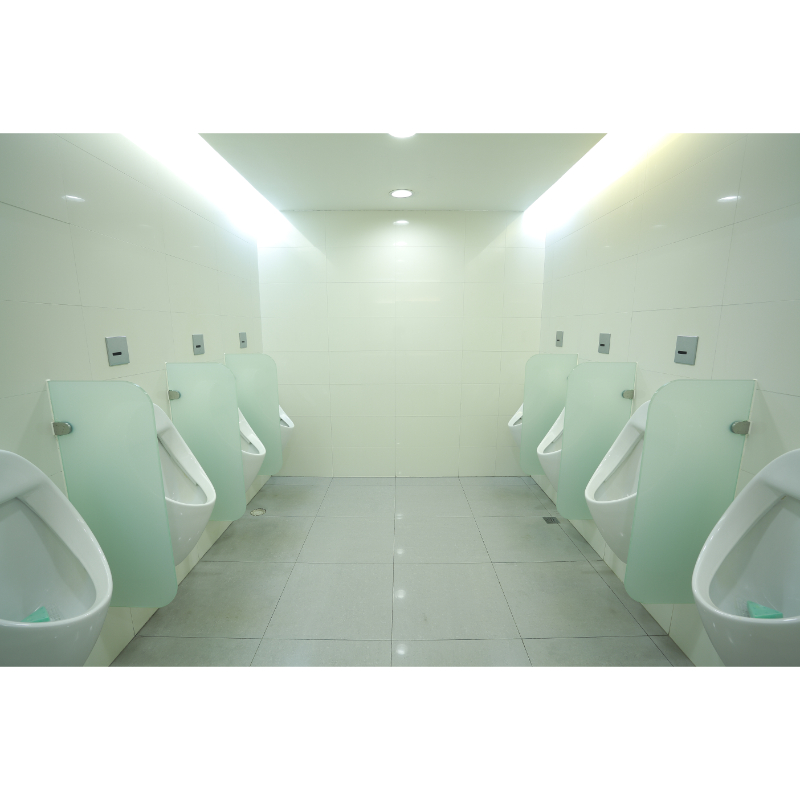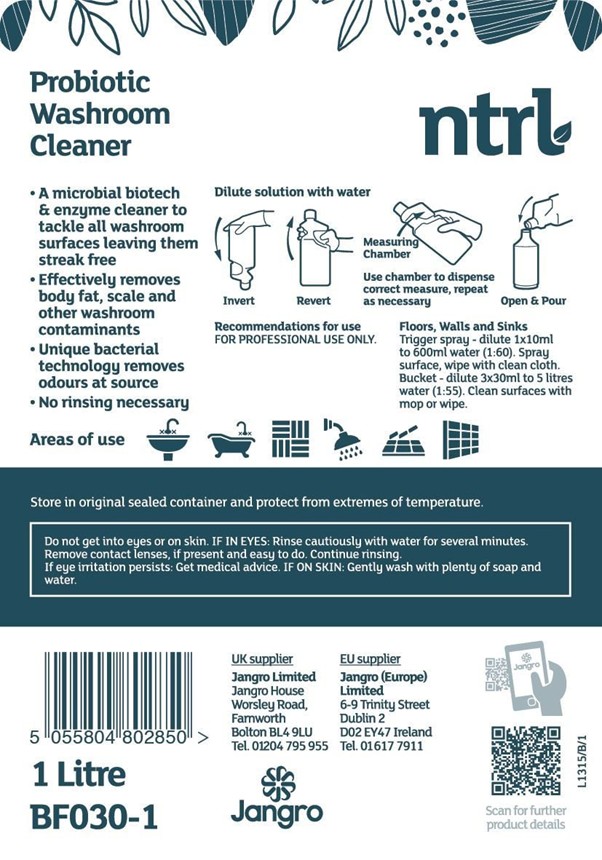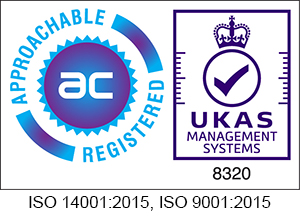Making Public Washrooms Free from the Smell of Urine
“Get a life,” you might say—and honestly, you’re probably right!
But hear me out. Over the festive period, I found myself visiting a mix of hospitality, entertainment, and transport venues. These included gastro pubs (chain and independent), upmarket restaurants, motorway services, railway stations, and even a cinema (yes, I do occasionally get out). While most of these visits were pleasant—great service, decent food, and seemingly clean facilities—one thing stuck out like a sore thumb: the persistent and unmistakable smell of urine in the gents.
Now, if you’re feeling particularly cheeky, you might call this a “first world problem”—and you’d probably have a point. But, in my defence, I’m not as young as I used to be, and the gents’ loos are now a more regular part of my social circuit than I’d care to admit.

On the surface, many of these washrooms looked perfectly clean, but that lingering smell told a very different story. Interestingly, it was primarily the chain venues that suffered from this problem. Independent establishments, on the other hand, seemed to have cracked the code (probably with a bit of elbow grease and pride). So, I found myself wondering: Why is this still an issue for large chains with all their resources and management teams?
A Problem That Lingers (Literally)
A couple of years ago, I wrote a blog about uric scale in urinals and how it contributes to those foul odours (read it here). At the time, I suggested some solutions, and it’s been great to see that many venues have adopted biological urinal mats to address the issue. Progress!
However, the smell remains in many places, and it’s clear there’s still work to be done. If you’ve ever been to one of these facilities, you’ll know what I mean—it’s the kind of odour that makes you breathe through your mouth and leave as quickly as humanly possible. And trust me, this is not the kind of “lasting impression” any venue wants to leave.
The Answer in My Opinion: Probiotic Cleaners
As part of my New Year’s resolution (yes, I’m that guy), I’m on a mission to make public washrooms smell fresher and cleaner—for everyone’s sake. Enter probiotic cleaners, the heroes we didn’t know we needed. These eco-friendly cleaning products don’t just mask odours with synthetic fragrances; they tackle the root cause by breaking down organic matter (yes, that includes you-know-what).
And let’s not forget the environmental benefits! Probiotic cleaners are kinder to our planet, and in a world where sustainability is no longer optional, that’s a big deal.
So, while it might not be the most glamorous of New Year’s resolutions, I like to think it’s an important one. Because let’s face it: If we can’t sort out the smell in the loo, what hope do we have for the bigger things?

What Are Probiotic Cleaners?
Probiotic cleaners combine plant-based detergents with live beneficial bacteria. These bacteria, known as probiotics, work by breaking down organic matter, such as urine residues, at a microscopic level. Unlike traditional cleaning products, which often provide a temporary fix, probiotics continue working long after application, ensuring a lasting clean.
How Do They Work?
- Breaking Down Organic Dirt: Probiotic bacteria release enzymes that break down organic molecules into smaller components,
 which the bacteria then consume for energy and reproduction. This process effectively removes the source of odours.
which the bacteria then consume for energy and reproduction. This process effectively removes the source of odours. - Population Replacement: By introducing large numbers of beneficial bacteria, probiotic cleaners outcompete harmful bacteria that produce bad smells. Over time, this creates a healthier and odour-free environment.
- Long-Lasting Action: After cleaning, probiotics remain active on surfaces, continuing to break down organic matter and preventing the rapid re-accumulation of dirt and odours.
- Reaching Hard-to-Clean Areas: Probiotic bacteria are microscopic, allowing them to penetrate porous surfaces, grout, and other areas that traditional cleaners cannot reach.
The Environmental Benefits
Probiotic cleaners are not only effective but also environmentally friendly. Unlike chemical-based products that rely on harsh disinfectants, probiotics:
- Reduce the use of toxic chemicals that can harm water systems and aquatic life.
- Offer a biodegradable solution that aligns with sustainable cleaning practices.
- Lower the risk of allergies and chemical sensitivities among cleaning staff and washroom users.
Why Corporations Should Take Note
Corporate-managed venues, including cinemas, often prioritise cost efficiency and scalability, which can result in cleaning practices that focus more on appearances than effectiveness. Probiotic cleaners offer a cost-effective solution that delivers real results:
- Improved Customer Experience: A fresh-smelling washroom enhances customer satisfaction and loyalty.
- Lower Maintenance Costs: Probiotics reduce the build-up of uric scale and other residues, extending the life of plumbing fixtures.
- Sustainability Credentials: Switching to probiotic cleaners demonstrates a commitment to environmental responsibility, which resonates with today’s eco-conscious consumers.
A Call to Action
As someone who is passionate about improving hygiene standards and promoting sustainable practices, I encourage all public venues—including pubs, restaurants, cinemas, and transport hubs—to adopt probiotic cleaners as part of their cleaning protocols. Addressing the issue of urine odours is not just about aesthetics—it’s about creating a welcoming and hygienic environment for everyone. Find the right Probiotic Cleaners
This year, let’s make a collective effort to eliminate the smell of urine from public washrooms once and for all. With the right tools and practices, we can achieve cleaner, fresher, and more environmentally friendly spaces. Together, we can turn a New Year’s resolution into lasting change. For more information contact sales@janitorialexpress.co.uk






